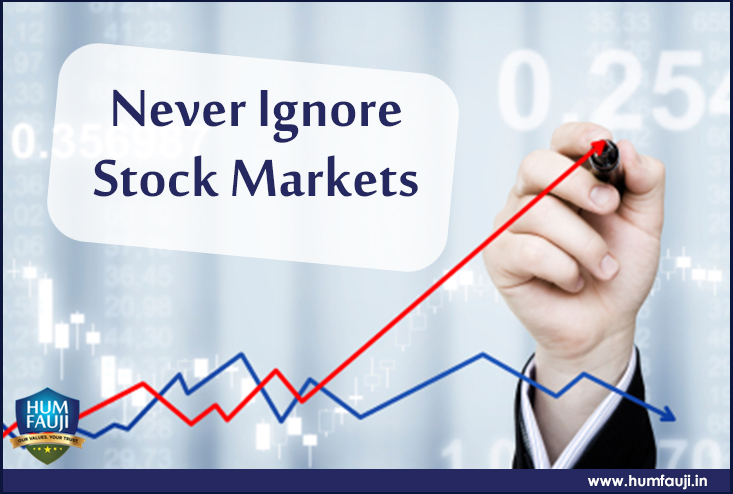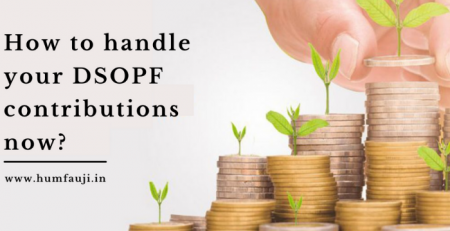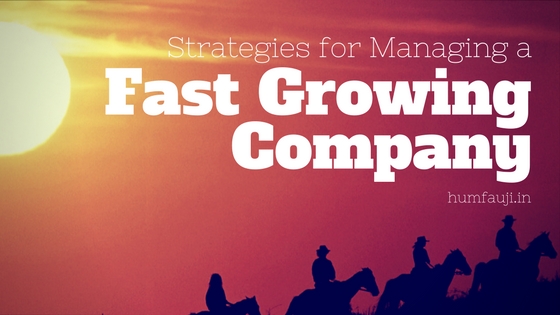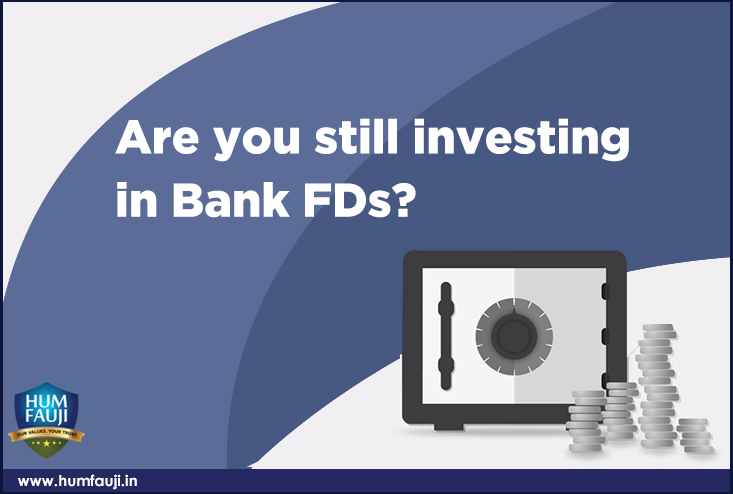At the start of every New Year, there are a series of articles focused on which asset class is likely to do well for the next 12 months. There are two fundamental problems with such a discussion:
- It limits the time frame of the discussion to the next 12 months. This is tantamount to projecting what your child will grow up to be like based on what he ate for breakfast this morning;
- There is a false assumption that, though you may be guided into the right asset class by your private client wealth advisor, you will be sold the correct specific investment as opposed to the instrument which pays the wealth advisor the highest commission. This is tantamount to saying that because your child goes to school he actually learns something useful on how to deal with life.
Stocks are risky, but can make you money
Since January 1981, an investor in the S&P BSE-30 Index would have seen an investment of Rs 148 now be worth Rs 21,000. This 142x increase in your capital translates into an average gain of 16% each year, over the past 32 years. Note that I have not counted the benefits of dividends (about 2% each year) on the assumption that the changes in the basket of stocks in the Index would force you to pay a brokerage commission benefit of lower taxes. The capital gain tax on a stock held for more than one year is zero. These tax rates and rules have changed over time. For example, the holding period to qualify as a “long term” used to be “more than three years”.
Before you rush to buy stocks, recognise this: in 9 of these 32 years (28% of the time) you would have lost money. The value of your investment would be lower than your investment at the start of the calendar year. That is a lot of monetary pain to bear especially when your friend at the Diwali dinner, smiling as he munches on the deep fried samosa, is boasting how smart he is because he invested in bank deposits and FDs. But you could take the smile off his face with this simple fact: deep fried food is bad for health as sure as investing only in FDs is bad for your ability to continue your existing consumption pattern way into the future. If your friend had invested in a Fixed Deposit at 15% per annum in January 1981 (those rates don’t exist today, but it was Diwali and a time to be generous!) and was paying approximately 20% tax on that interest income every year for a net return of 12%, his initial capital of Rs 148 in January 1981 would be worth Rs 6,230 today – an increase of 42x. This investment in FDs is far lower than the 142x increase in the value of a similar investment in the S&P BSE-30 Index. A 12% net return after tax on FD barely keeps pace with the rise in prices of things you consume over long periods of time. And to find a safe FD which will earn that 12% after tax rate of return is pretty impossible.
Build a mix of investments
Before you rush to invest all your savings in stocks, recognise that the objective of any investment is:
- To convert your idle savings into earning you a rate of return that beats inflation -this allows you to maintain the lifestyle you have today in the future even though the prices of goods you consume have risen;
- To add to your wealth for paying the expenses of some future events like the education of a child, the marriage of your children, or buying your first home;
- To “park” your money in a safe place for a rainy day – keeping in the mattress is also an option as is keeping it in a bank;
Given that an investment in stock markets can lose money in any given year, some of your money does need to be in safe places like FDs or bank deposits. Over the past 32 years, FDs have given a better rate of return than stocks in 14 years (44% of the time). If one were to compare the rate of return of FDs and stocks over any 3-year period then FDs have done better in 11 of the total 31 time periods (35% of the time). If one were to compare the rate of return of FDs an stocks over any 10 year period, then FDs have done better in 4 of the 24 year time periods (17% of the time). Based on price movements since 1980, it would seem that buying equities gives you the same opportunity to make money as investing in an FD in any one-year period. But over longer time periods, being in stocks gives you a better opportunity to earn more money than even a 15% pre-tax FD (even if you can find such a safe investment).
Table 1: Stock markets rewarded those with patience over the long term
| Investment horizon | Blocks of time since Dec 1980 | In how many of these time periods did FDs give a better return? | In how many of these time periods did an investment in the stock markets give a better return? |
| 1-year period | 32 time periods | 14 (44%) | 18 (56%) |
| 3-year period | 31 time periods | 11 (35%) | 20 (65%) |
| 5-year period | 29 time periods | 11 (38%) | 18 (62%) |
| 10-year period | 24 time periods | 4 (17%) | 20 (83%) |
Gold should account for between 5% to 10% of your investment pool and remains the only hedge against the excessive spending habits of governments – worldwide. Property does not feature as an investment in my view but you could buy what you and your family will need and will use.
Allocate your assets, but allocating your trust is more important
During the annual discussions on ‘where to invest’, the investors and the media spend too much time focusing on asset allocation. This is because the theory of finance assumes that financial firms work for the benefit of their customers.
Theories are best left in classrooms to the imagination of teachers. The experience of investors in India – and globally – has exposed the selfish motive of financial firms to ensure their bottom line, even if it means there is a loss to their client. In the 2005-2008 time period, many investors correctly invested in equity mutual funds, but they were sold sector funds which paid excessively high-commissions. By shovelling client assets into these highly suspect products that should not really be a part of any simple allocation, the financial firms got their fees, the employees working in these temples of theft got their great salaries and bonuses, and the investors lost their savings.
Regulators in India – and globally – have failed to protect the investor from the powerful lobby of the financial firms. Unlike a published track record of, say, a mutual fund, which any investor can access and decipher to make their investment judgements, there is no track record available on how wealth managers at the banks and broking firms have advised their clients. The financial juggernauts remain large due to a lax regulation which, idiotically, continues to equate high capital with high integrity. The superpower status of the financial giants is also due to the lethargy of investors who – like deer standing frozen in beaming headlights – are waiting to be blown up by the next time bomb that many advisors will slip into their portfolio.
In a recent Supreme Court discussion on the Sahara Group, a judge stated that the corporate Sahara could no longer be trusted. Some investors have not waited for a court to comment on the lack of trust – they continue to invest a lot less in equity than they should. This is a pity because, over long periods of time, equity is the asset class to always have some exposure to. In the long run, we may all be dead, but we hopefully leave our children some wealth built by a carefully balanced and judiciously built portfolio.
(Courtesy: ‘The Honest Truth’ by Ajit Dayal on www. Equitymaster . com dt 06 Nov 2013)
Visit our Blog, https://humfauji.in/blog or facebook page http://www.facebook.com/HumFaujiInitiatives or follow us on Twitter https://twitter.com/#!/humfauji to get latest insight on matters financial













Leave a Reply